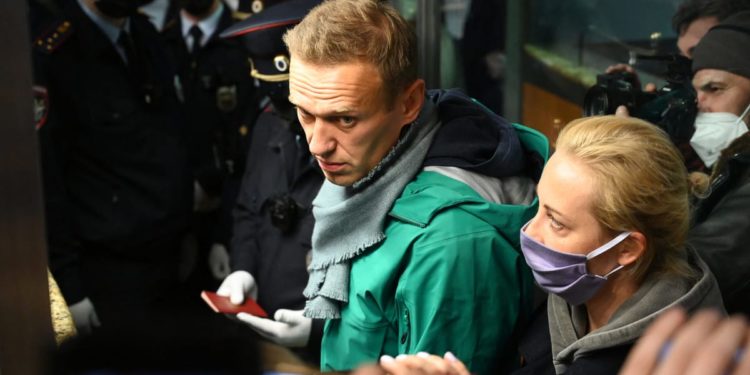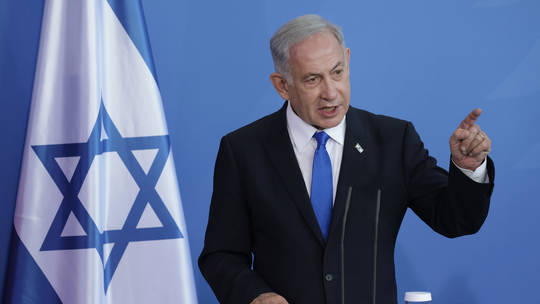POLITICO
U.S. intelligence agencies believe that Russian President Vladimir Putin “likely” didn’t order opposition leader Alexei Navalny to be killed at an Arctic prison in February, the Wall Street Journal reported on Saturday.
Navalny, the leading figure in Russia’s beleaguered opposition, died on Feb. 16 in a penal colony. The EU and the U.S. directly blamed Russia for Navalny’s death, moving toward imposing new sanctions on the Kremlin.
But the WSJ said Saturday that several U.S. agencies — including the Central Intelligence Agency, the Office of the Director of National Intelligence, and the U.S. State Department’s intelligence unit — agree that Putin probably didn’t order Navalny’s death “at that moment,” citing people familiar with the matter.
According to the WSJ report, U.S. intelligence agencies have shared the assessment with some European intelligence agencies. But some European security officials “remain skeptical” that Putin didn’t play a direct hand in Navalny’s death, considering his tight grip on Russia.
The U.S. assessment is “based on a range of information, including some classified intelligence, and an analysis of public facts, including the timing of his death and how it overshadowed Putin’s re-election,” the WSJ reported.
Navalny ally Leonid Volkov told the WSJ that “the idea of Putin being not informed and not approving killing Navalny is ridiculous.”
The Office of the Director of National Intelligence, which oversees U.S. intelligence agencies, declined to comment on the issue, according to the WSJ report.
Putin has denied any involvement in Navalny’s death. Last month, the Russian president said that he had agreed to swap the opposition leader in a prisoner exchange days before Navalny died, confirming claims made by a close Navalny ally that Russia and Western officials had negotiated a prisoner exchange deal.
On Saturday, Kremlin spokesperson Dmitry Peskov said he had seen the WSJ’s report.
“I wouldn’t say it’s a high-quality material that deserves any attention,” Peskov was quoted as saying by Russian media. “Some very empty arguments. Apparently, they planted it for Saturday reading to the world audience,” he said.



